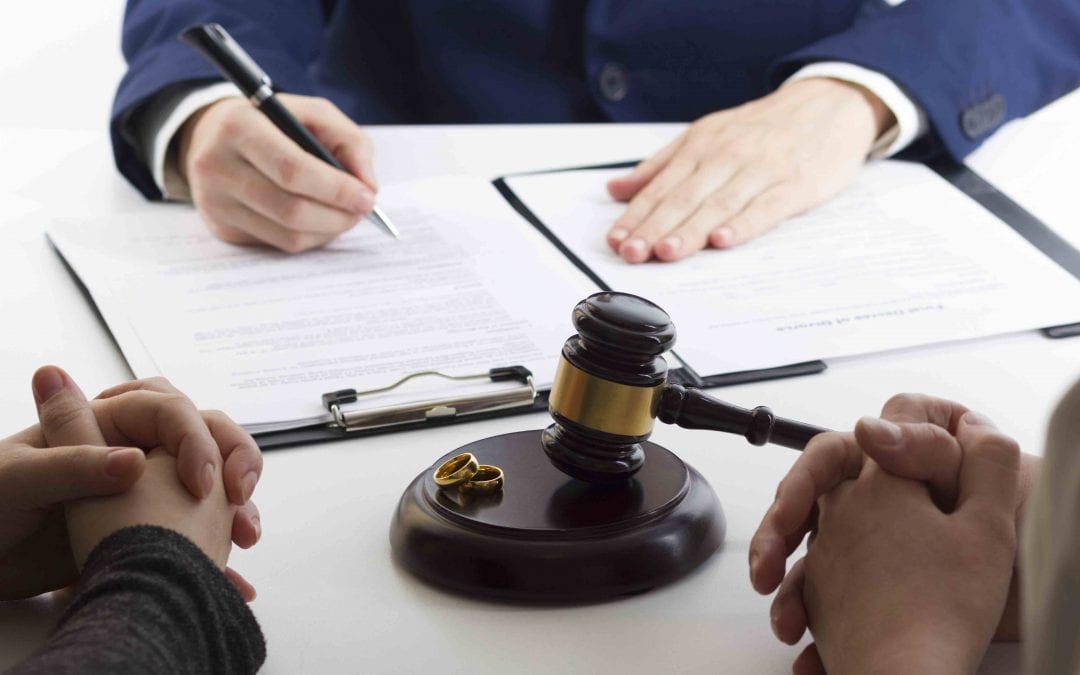Defamation Lawyer, Liabilities, and Defamation Section in Pakistan

Navigating Defamation Lawsuits in Pakistan: Support from a Defamation Lawyer
Defamation can also mean "setting someone up to be laughed at or made fun of for doing something good in a public or important area." It can be civil or legal. There are no lies or slanders left out. Anything that hurts someone's reputation is called defamation. It's done to make people dislike, respect, or trust the complainant less. false information, which can, of course, make things difficult for the other person. The public book of lies could ruin the other person's plans. In these cases, a libel lawyer or a reputation lawyer can be crucial in addressing the damage caused by defamation. Communicating means that the other person gets the message, whether they get it right or wrong.

Civil Defamation Lawyers: Guardians Against Online Defamation
Section 13.1 of their Defamation Ordinance 2002 says that cases of defamation must be heard in the District Court.
Part 3 of the law says that false statements can be made about someone to hurt their reputation, make fun of them, and criticize them unfairly. If you need a character defamation lawyer or a false accusation lawyer, we can provide you with the best assistance. To meet the goals of both the Defamation Ordinance 2002 and this situation, it is important to tell the difference between a statement that hasn’t been proven and one that will be proven to be false. A person who is being charged must be told about all the good things, including criminal law. The government has to make its case so clear that there is no room for doubt. They might not be able to show that something is true if it hasn’t been proven. Almost all the suspects are capable of erasing this kind of difference. If that happens, the biggest benefit of not knowing what will happen could be a slander suit. On the other hand, it doesn’t look like it helps police the law. Masters of Cyber Defamation Defense.
Defamation of Character Lawyer: Masters of Cyber Defamation Defense
Defamation law in Pakistan is easy to understand. A Pakistani woman customer in a busy market might say that the store sells contaminated meat. After that, a man writes his neighbor’s name on a piece of paper and passes it around. The shop owner then has to sue the man for defamation, which falls under the law of defamation and includes aspects like character assassination law. If he wins, he has to pay the man who called him and his family fake names money. What if the woman who made the report turns out to be lying, though? The only thing that will happen is that the public will realize that what she said was false, which could mean more business for her. Most of the time, both sides are ready to settle their differences without going to court.
There is an oddity in Pakistan’s rules against libel. Article 5 of Pakistan’s defamation law says that the person who slandered someone must first show that the words they used were meant to mean something bad about them. This rule is what has made Pakistan the most politically wrong place in the world when it comes to free speech. Someone who writes something bad about someone else can be sued by the government or anyone else who thinks the speech is defamatory, demanding monetary damages for the negative comments. The defamation act and libel law in Pakistan create a complex landscape for managing and addressing issues of defamation and libel.
Slander attorney: Slander and Libel Warriors
The main problem with this law of defamation in pakistan doesn’t tell the difference between defamation or slander that is happening now and defamation or slander that is going to happen soon, or between statements that can be taken action on and statements that can’t be taken action on. If a comment can be taken to court, it must be possible to do so within a certain amount of time, before or after the time limit set by the defamation or slander act. In the same way, any work made within two years of an act becoming law must also be enforceable. For those dealing with such issues, consulting a slander attorney or a libel and slander attorney can provide crucial legal support and guidance.
LOOKING FOR defamation LAWYERS IN PAKISTAN
We provides this lawyers in following city of Pakistan
- Karachi
- Islamabad
- Rawalpindi
- Azad Kashmir
- Lahore
- Sialkot
- Gujranwala
- Multan
- Gujrat
- Faisalabad
- Sahiwal
and other major cities in Pakistan.
FAQs
- What is defamation law in Pakistan?
Defamation law in Pakistan protects individuals from false statements that harm their reputation, encompassing both slander (spoken) and libel (written) forms of communication. The plaintiff must prove the statement’s falsity and its damaging impact to pursue a defamation case.
- How do slander and libel lawyers help?
Slander and libel lawyers assist by assessing the case, gathering evidence, and pursuing legal action against those responsible for making false statements that harm a person’s reputation, whether in spoken or written form.
- Why is social media defamation defense important?
Social media defamation defense is crucial as false statements on platforms like Facebook or Twitter can spread rapidly, causing significant harm to an individual’s reputation. Legal support helps address and remedy these situations.
- How to pursue defamation lawsuits in Pakistan?
To pursue defamation lawsuits in Pakistan, individuals typically need to consult with a lawyer, gather evidence of the false statements, and file a complaint in the appropriate court. Legal proceedings will follow to determine the case’s merit.
- How do cyber defamation experts protect clients?
Cyber defamation experts protect clients by navigating the complexities of online defamation, identifying perpetrators, and taking legal action to remove defamatory content. They may also pursue damages for the harm caused.
- What role do defamation compensation lawyers play?
Defamation compensation lawyers advocate for clients seeking financial compensation for the harm caused by defamation. They assess damages, negotiate settlements, and represent clients in court to secure compensation for reputational losses.
 24/7 Live Law Session With Experts ✦ Exclusive Offer: 50% OFF – Ends in 2 Days!
24/7 Live Law Session With Experts ✦ Exclusive Offer: 50% OFF – Ends in 2 Days! 

